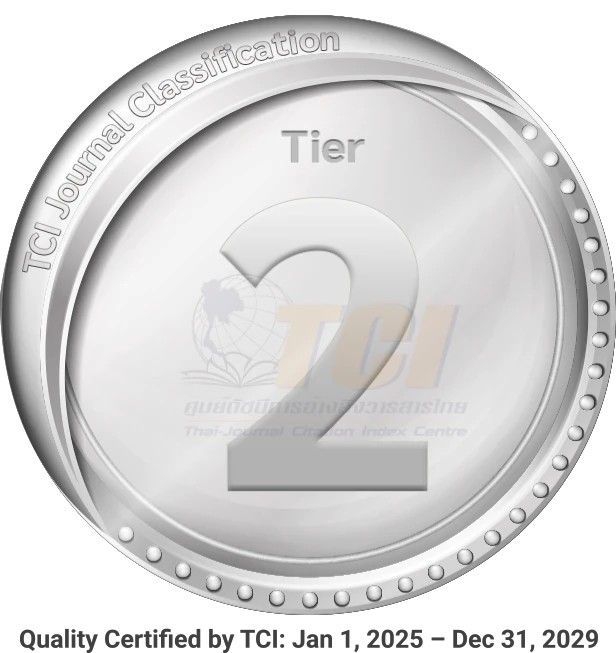Effects of the Flipped Classroom Instruction on Language Accuracy and Learning Environment: A Case Study of Thai EFL Upper-Secondary School Students
Abstract
The study investigated the effects of flipped classroom instruction on language accuracy and active learning environment. Twenty-six Thai students in an upper-secondary demonstration school in the central area, participated in the study on a voluntary basis. Three research questions were: (1) Can the flipped classroom help to improve students’ English language accuracy in the EFL classroom?; (2) Does the flipped classroom promote an active learning environment in teaching English grammar?; and (3) What are students’ opinions of the Flipped Classroom? There were six research instruments: (1) a set of flipped classroom lesson plans, (2) a pre-test, (3) a post-test, (4) a questionnaire, (5) reflective journals, and (6) focus group discussion. Data collection was done in the second semester of Academic Year 2014. Data analysis was by SPSS for analyzing quantitative data; coding and content analysis were for analyzing qualitative data. The major findings revealed a statistically significant difference in the participants’ improved language accuracy, and their positive attitude toward flipped classroom instruction, particularly in the part of active learning.



